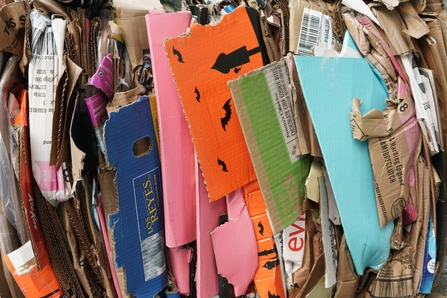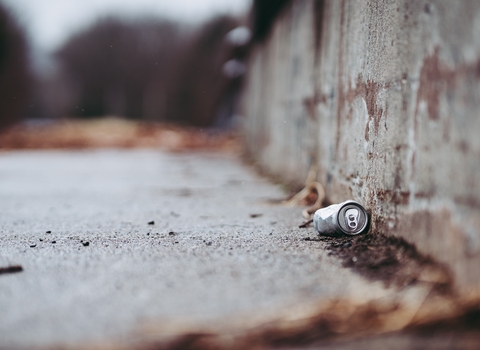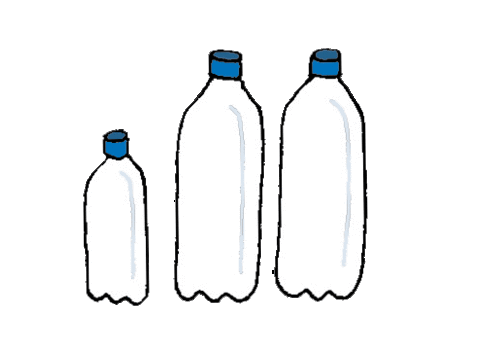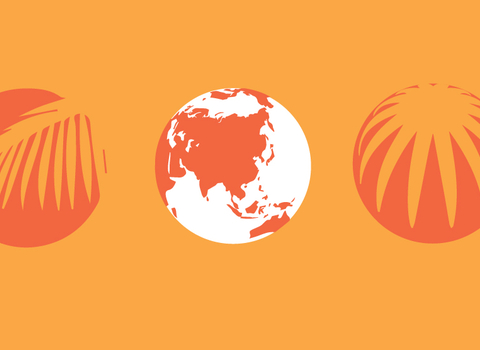What happens when something is recycled?
Whether you drop a can of pop into a waste or recycling bin, it’s easy to think that this small act has no real consequence. So what really happens and why is it so important?
The journey
Once an aluminium can is dropped into a recycling bin, it is collected and taken to a treatment plant where it is cleaned and passed through a re-melting process. This removes any coatings and inks that may be present on the outside of the cans.

This takes around three hours to complete, and the aluminium is then made into large ingots that are about 9 metres in length – each one will contain roughly 1.5 million cans. From there the ingots are taken to mills to be rolled out and transformed into more cans.
As far as the environment is concerned, one tonne of recycled aluminium avoids the emissions of nine tonnes of CO2 – or the equivalent of driving 27,000 miles"
But what makes this exceptional?
Aside from the fact that it can take as little as six weeks for a can to go from bin-to-shelf, a single recycled can may save enough energy to power a television for up to three hours. What’s more, it takes twenty times the amount of energy to create a single can from raw materials than it does to recycle one.
The sad truth however, is that over 80 million cans end up in the landfill every single year at the cost of around £36 million, which is the equivalent of hiring extra 1,650 emergency workers in the UK.
Can other forms of recycling be just as beneficial?
Yes, recycling can be positive across the board, with glass, paper, and plastic.

- Glass, like aluminium, is completely recyclable. Every tonne of glass that is recycled saves 314kg of CO2.
- Paper is biodegradable. This is great - but it still takes around 24 trees to make one tonne of paper. If all paper was recycled then we could keep a lot more of our trees!
- Plastic can take 500 years to biodegrade, or longer! The average family could save 154kg of CO2 if they recycled all their plastic bottles. That is roughly the weight of an adult male panda! Can you reduce your use of plastic?



